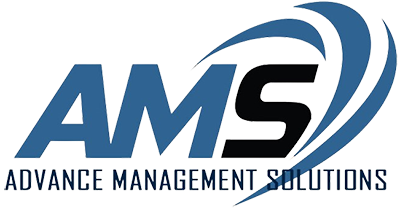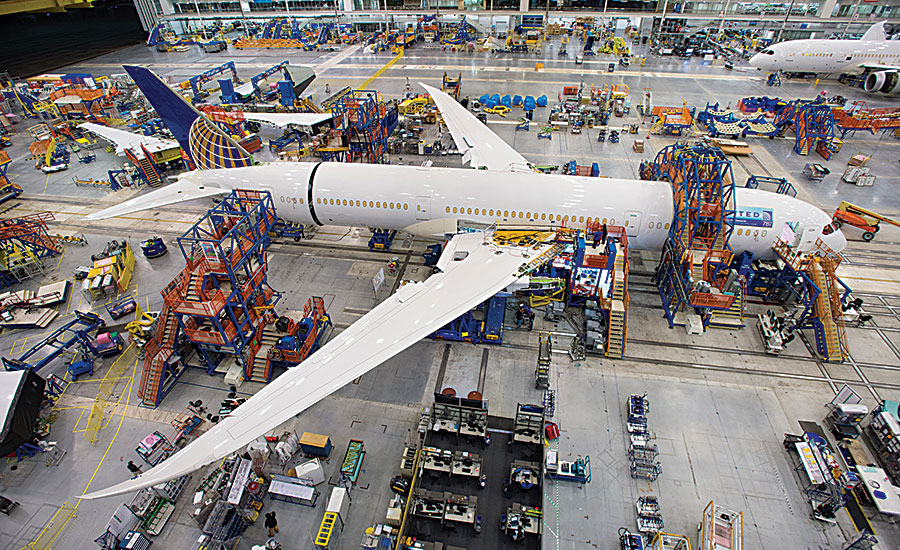The job outlook for careers in aerospace is strong—the aerospace industry has traditionally been a significant contributor to the global economy and a consistent source of high-paying jobs. According to the U.S. Bureau of Labor Statistics, aerospace engineer employment is projected to grow 6% from 2021 to 2031. This is slightly higher than the average for all occupations, indicating that aerospace is a fruitful, stable industry.
Aerospace is an excellent career path for professionals seeking opportunities to engage in complex technical projects like designing and building aircraft. Those who are passionate about aircraft innovation, cutting-edge technology, and space exploration will find this field rewarding.
However, it is also a highly competitive industry, and individuals interested in pursuing a career in aerospace will need to have strong educational backgrounds and the right skill sets to succeed. If you are at a crossroads in your engineering career, you may be asking yourself, “is aerospace engineering a good career path?” Read on to explore the role and job outlook to see if it aligns with your interests and goals.
What Does an Aerospace Engineer Do?
Aerospace engineers are responsible for designing, developing, and testing a wide range of aerospace products and systems, including aircraft, spacecraft, missiles and satellites. They create and analyze designs, develop prototypes and conduct tests to ensure that the products they create are safe, efficient, and effective.
Some specific tasks that aerospace engineers may be responsible for include:
- Analyzing the performance of aerospace products/systems and identifying areas for improvement using Patran, Nastran, and other finite element analysis (FEA) software as well as computational fluid dynamics (CFD) modeling.
- Developing new designs for aircraft or spacecraft using computer-aided design (CAD) software.
- Writing codes in Python as an add-on for simulations, to assist in writing databases and custom graphical user interfaces (GUIs) to help project flow, and ease of life code such as splitting/merging excel files.
- Conducting flight, propulsion system, environmental, and stress/fatigue simulations and conducting structural analysis to evaluate the performance, structural integrity, and stability of an aircraft.
- Collaborating with other engineers to troubleshoot problems and refine designs.
- Preparing technical reports and other documents to communicate the results of their work.
Job Satisfaction and Salary
Aerospace engineers generally report high job satisfaction levels. As with any career, the job satisfaction of aerospace engineers will vary depending on several factors, including the specific job duties, the company or organization they work for and their individual career goals and aspirations.
Aerospace engineers also enjoy a healthy salary, which contributes to higher job satisfaction. The average median salary for aerospace engineers in the United States is currently $116,500 per year, as reported by the U.S. Bureau of Labor Statistics.
Are Aerospace Engineers in Demand?
In general, there is demand for aerospace engineers, and it is likely to remain strong as the demand for advanced technology in the aerospace industry continues to grow. However, it is important to note that demand can be cyclical, and the job market can change over time.
The drive behind the demand for aerospace engineers stems from the desire to continue increasing accessibility to space travel and exploration. This has created more opportunities for scientists, researchers and engineers to work on space-related projects with both government agencies and private companies.
Where is the Highest Demand for Aerospace Engineers?
Specific areas in the United States—Seattle, Los Angeles, and Washington, D.C., specifically—show a higher demand for aerospace workers than other cities as these cities are home to major aerospace companies and organizations.
Texas, Florida, and California are also states where aerospace companies and organizations are rapidly expanding . While these states are known for locations of big corporate entities, such as Boeing, there are also opportunities for careers in smaller companies.
Is Aerospace Engineering a Good Career Path for Non-US Citizens?
Aerospace engineering can be an outstanding career path for anyone, regardless of their citizenship. However, if you are a non-US citizen and are interested in pursuing a career in aerospace engineering in the United States, there are a few things to be aware of.
The United States government and many non-government companies require United States citizenship for engineering roles due to the direct access these positions may have to classified information. These are a list of some companies, but not an exhaustive list. Please check with employers to discover the full details for non-citizens.
United States Aerospace Companies that Hire Internationally
All or most of these organizations require United States citizenship for full-time work in a permanent position. However, some firms will hire those with an H-1B visa, which allows United States employers to hire highly qualified workers for specialty jobs, including aerospace engineers.
- Boeing: As one of the world’s largest aerospace companies, Boeing offers a wide range of products and services for commercial, defense and space applications.
- Lockheed Martin: This global leader is renowned for designing, developing, and manufacturing advanced technology systems for aerospace and defense.
- Raytheon: A primary provider of defense and aerospace systems, Raytheon engineers missiles, radar, and other advanced technologies.
- Northrop Grumman: Northrop Grumman is a global leader in innovative aerospace, defense and security solutions.
- General Dynamics: A global aerospace and defense company, General Dynamics provides a wide range of products and services for commercial and military customers.
It is important to place emphasis on “highly qualified” aerospace engineers. These typically include those with higher education and some level of experience. Regardless of what country you choose to work in, pursuing an education in aerospace engineering in the United States is sure to open up promising opportunities.
Get Your Master’s in Space Systems Engineering Online
The answer to the question, “is aerospace engineering a good career?” is a resounding yes. However, this career promises to be as challenging and competitive as it is rewarding and profitable. An excellent way to stand out and market yourself as a candidate is by obtaining a master’s degree in a related field.
The Johns Hopkins University Whiting School of Engineering’s Engineering for Professionals program offers a Master’s in Space Systems Engineering that is applicable for careers in aerospace. The online, part-time program provides a flexible and convenient way for working professionals—located within the United States or abroad—to advance their education and careers.
The Engineering for Professionals program offers a unique emphasis on systems engineering, a critical skill set for those seeking to design and develop complex systems for aerospace applications. Explore topics including mission formulation, concept development, design, integration, test, and mission and space systems operations while you study part-time and learn in your own home. With a Master’s in Space Systems Engineering, graduates are positioned to pursue several career opportunities in the aerospace industry, including roles in spacecraft design, satellite operations, and space mission planning.






